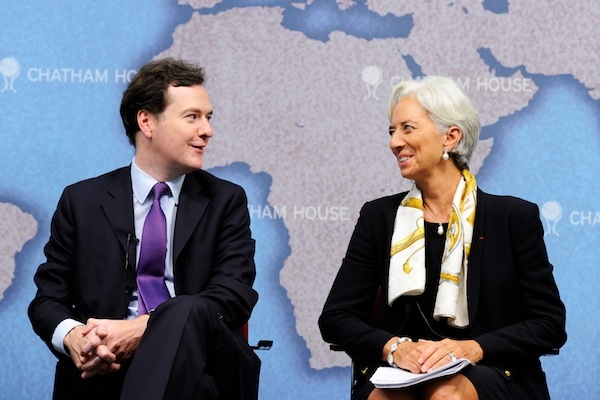There is great excitement in some circles at a paper from the International Monetary Fund which has emerged in the past 24 hours. This piece of research warns that cutting government spending too quickly can weaken economies permanently and lead to even deeper recessions. It says:
The analysis in this paper shows that withdrawing fiscal stimuli too quickly in economies where output is already contracting can prolong their recessions without generating the expected fiscal saving. This is particularly true if the consolidation is centred around cuts to public expenditure – likely reflecting the fact that reductions in public spending have powerful effects on the consumption of financially-constrained agents in the economy – and if the size of the consolidation is large. Large consolidations made recessions more likely even when made at an expansion time.
Critics of the Treasury will pile this paper on to the pressure they are already exerting on George Osborne to change course from austerity. In doing so, they will need to acknowledge that this paper isn’t about the United Kingdom: it focuses on the United States, Europe and Japan, and says it will ‘pursue estimates on UK data in future research’. The IMF made its official position on George Osborne’s own policies clear in July, warning he could miss his target of having net debt as a share of GDP falling by 2015/16. It said the government would need to slow the pace of the cuts in early 2013 if growth continues to stall. Although yesterday’s adjustment in Q2 GDP figures by the Office for National Statistics from the initial estimate of -0.7 per cent to -0.5 per cent made things seem a little less bleak, they remain bleak. Osborne has three quarters’ worth of GDP data to go before the IMF’s warning becomes active, which gives him some time – albeit not very much – to strain every sinew as hard as he possibly can.






Comments